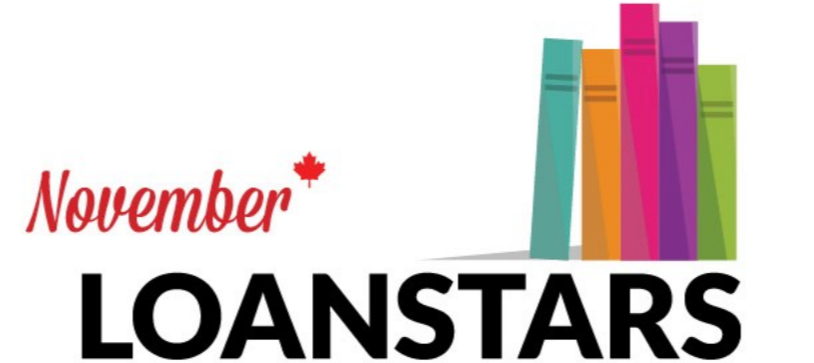Jessica Albert is the Digital and Art Director at ECW Press where she works on ebooks, accessibility, audiobooks, book covers, and metadata — sometimes all at once. When not playing fetch with her dog, Jessica has been working to overhaul the digital production and metadata systems at ECW to apply accessibility standards to their ebooks and hands-on, fluid control to their communication through metadata.
Jessica Albert will join us at Tech Forum 2020 on March 23 for a session called Accessible ebooks for small publishers and creators and on March 24 as part of the Audiobook accessibility panel.
[Editor’s note: Due to the COVID-19 pandemic, this Tech Forum session did not end up happening.]
Most publishers and creators in the book industry leave at least some of their metadata creation in someone else’s hands. And rightly so — I hope no one out there is completely hand-coding their ONIX feed. Perhaps you use some kind of software, a tool, an interface, or a service provider to output or transmit your ONIX on your behalf. While that’s unavoidable, it often leaves us beholden to our tools and in the dark about what we can and should be doing with our data. As someone who has spent the past year making sure that I have full control over every single data point in my employer’s ONIX feed, I think it’s time to change that.
The move towards creating born-accessible digital products is a perfect case study on why it’s important to have more hands-on control over your metadata. Publishing houses are (or should be) in full swing overhauling their digital production workflows to produce digital books with accessibility features. But these beautiful, semantic, accessible digital books that we’re working so hard to create aren’t going to get far in the world if we never tell anyone about what’s inside them.
I would guess that most ONIX systems people are using out there don’t have the functionality to allow publishers to provide detailed <ProductFormFeature> tags on ebook accessibility. If they do support it, the documentation on how to communicate through this element is inadequate, if it exists at all. But, unfortunately, if you don’t use your ONIX to tell libraries and retailers that your ebook has print-equivalent page numbering and an accessible table of contents, you’ve wasted your time building those features into your book. I’m not basing this assumption on nothing: as recently as July 2019, BookNet reported that the use of Codelist 196 (E-publication Accessibility Details that should be used inside a <ProductFormFeature> tag) was effectively nil.
And the case for hands-on control over your metadata doesn’t end there. Maybe you want the ability to produce the current standard of ONIX 3.0 instead of being stuck with 2.1, to communicate complicated or unconventional contributor names, or to move beyond just BISACs in your subject and categorization data. Perhaps you need to send short tag ONIX to one of your partners, communicate country of manufacture, or supply additional enriching content like excerpts or reading group guides — the list goes on and will differ for every company or individual that produces ONIX.
So, what can those of us involved in ONIX creation do? The most important thing is to stay up-to-date on metadata best practices and standards so you can spot when something is missing from your feed. Then, if you’re working with a service provider or using some kind of software or web app, reach out and ask them about features you know ONIX supports but maybe your service does not — they may have a workaround solution for you, or, in a perfect world, your requests might one day make it into the software. My real hope is that we ultimately have flexible, hands-on control over metadata through an internal database or app that your organization can adapt to meet the needs of our shifting publishing landscape. This might sound like a pie-in-the-sky solution for a smaller company, but it could be as simple as hiring a freelancer to build a script into an application you already use (which is exactly what my employer did).
And, if you truly feel like your hands are tied and there’s no way your tools will let you write your data the way you know it should be written, I’m sorry to say it might be time to download your ONIX record, crack open that XML file, and make the change manually.
Jessica Albert will be talking more about accessibility and audiobooks at Tech Forum on March 23 and 24, 2020 in Toronto. You can find more details about the conference here, or sign up for the mailing list to get all of the conference updates.















Happy holidays!